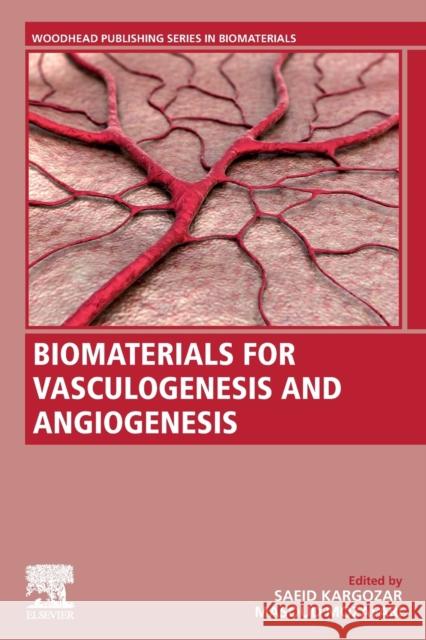Biomaterials for Vasculogenesis and Angiogenesis » książka
topmenu
Biomaterials for Vasculogenesis and Angiogenesis
ISBN-13: 9780128218679 / Angielski / Miękka / 2022
Kategorie:
Kategorie BISAC:
Wydawca:
Woodhead Publishing
Seria wydawnicza:
Język:
Angielski
ISBN-13:
9780128218679
Rok wydania:
2022
Numer serii:
000904752
Oprawa:
Miękka
Wolumenów:
01
Dodatkowe informacje:
Bibliografia











